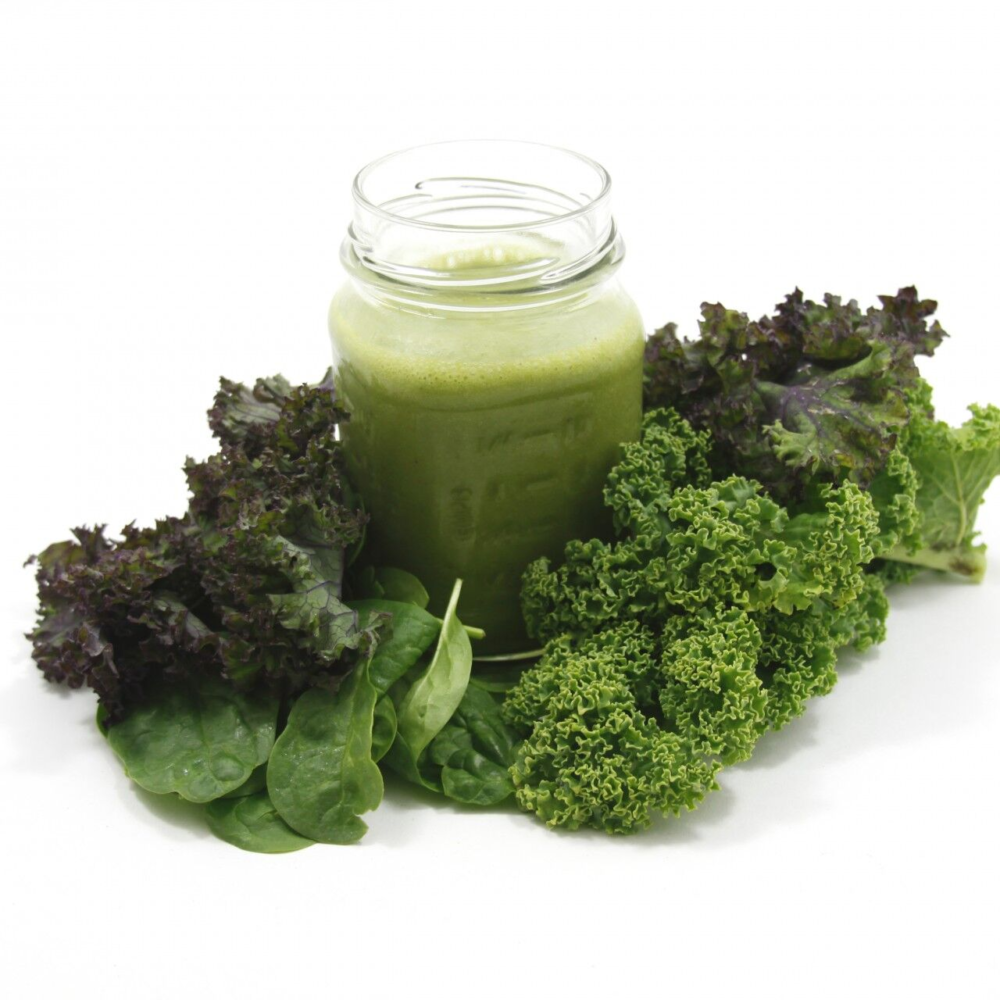
Leafy green vegetables may be even healthier for us than we thought. Recently, a research team from Walter and Eliza Hall Institute’s Molecular Immunology Division in Australia published a study in the journal Nature Immunology that demonstrates how eating your greens may improve intestinal health.
The researchers discovered that “an immune cell population essential for intestinal health could be controlled by leafy greens in your diet.” A specific type of immune cell called an innate lymphoid cell (ILC) is present “throughout the digestive tract and can help protect the body from invading pathogens and also provides a balance between ‘good’ and ‘bad’ bacteria in the intestine.” ILCs also benefit us by controlling food allergies, inflammatory diseases and obesity. These immune cells may even prevent a person from developing cancers of the bowel. The research team learned that “a gene (T-bet) is responsible for producing these critical immune cells and is expressed by signals fed from the foods we eat.”
Dr. Gabrielle Belz, lead author of the study, stated, “In this study, we discovered that T-bet is the key gene that instructs precursor cells to develop into ILCs, which it does in response to signals in the food we eat and to bacteria in the gut.” The team discovered that “proteins in leafy green cruciferous vegetables interact with surface cell receptors that switch on T-bet to initiate the innate immune response in the digestive tract.” ILCs produce a hormone (interleukin-22) that defends our bodies from invading bacteria. These immune cells help maintain a healthy intestine by balancing bacteria levels and may also help heal cancerous digestive lesions. In her conclusion, Dr. Belz explained, “Our research shows that without the gene T-bet, the body is more susceptible to bacterial infections that enter through the digestive system. This suggests that boosting ILCs in the gut may aid in the treatment of these bacterial infections.” By eating lots of leafy greens, we boost our ILC count in the gut, thereby helping any bacterial infections we may have.
This research recommends “a natural food diet consisting of at least five to nine daily servings of vegetables and fruits, essential to promote optimal health and keep our vital immune systems running at peak efficiency to protect our well-being and longevity.”
(Author’s Note: This is an excellent recommendation and the hope is that a healthy, raw-food lifestyle will consist of an even greater number of fruits and vegetables than nine daily).
The human immune system is quite complex and possesses the ability “to continually adapt to an ever-changing environment of potential pathogens that could easily colonize and highjack our health if not detected and eradicated quickly.” Many of us have a compromised immune response due to negative lifestyle factors including smoking, exposure to environmental and household toxins, stress and particularly our diets. As much as “eighty percent of our initial immune response takes place in our digestive system, and the body uses cues from what we eat to activate essential actions to potential invaders.” This new research shows that leafy green vegetables can help the body facilitate this process. Therefore, it’s possible for many of us that instead of supplementing with probiotics, we can eat an abundance of leafy greens to achieve a healthy gut.
Karen Ranzi, M.A., is an award-winning author of Creating Healthy Children and Raw Vegan Recipe Fun for Families, host of The Power of Raw Foods Summit, a raw vegan coach and chef.
Sources:
http://www.liveinthenow.com/article/scientists-discover-leafy-greens-and-crucifers-can-control-a-unique-immune-cell
http://www.nature.com/ni/journal/vaop/ncurrent/full/ni.2545.html
https://www.nutraingredients.com/Article/2013/03/05/Leafy-greens-may-boost-gut-immunity-Study
http://www.sciencedaily.com/releases/2013/03/130304105658.htm

